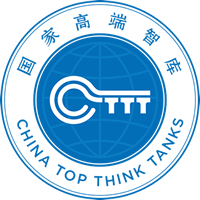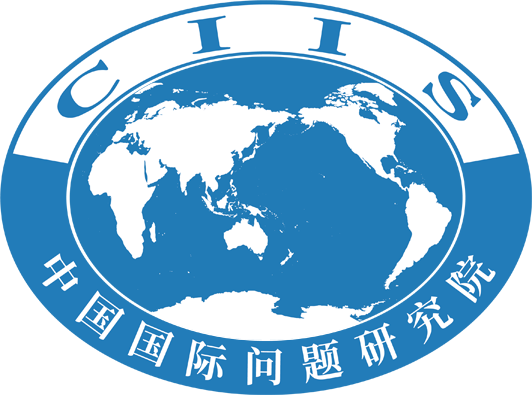The Evolving Security Situation in Asia and the Role of China
Liu Zhenmin 5
Asia is experiencing new progress in regional cooperation – economic integration is picking up speed; the region is now the biggest driving force for global economic growth; and war is almost unthinkable. But Asia still faces many security challenges and growing non-traditional security risks. China advocates “New Approach to Security” and has raised many new initiatives, striving to promote peace, stability and prosperity in Asia.
Cooperation is the Only Correct Choice for Sino-US Relations
Zheng Zeguang 13
It is important for China and the United States to build common interests and increase interwoven interests through cooperation. At the same time, it is imperative for both sides to coordinate on regional and international issues so as to effectively respond to global challenges and promote world peace and prosperity.
China-US Cooperation: Key to the Global Future
19
The report argues that Chinese and American common strategic interests and responsibilities as major powers are more important than the specific issues that divide the two countries. China and the United States’ ability to work together on critical global challenges will determine the scenario of the global future.
The Prospect of Sino-US Maritime Conflict and Cooperation
Li Fanjie 46
Although the United States has intensified its efforts to contain and deter China at sea, inevitably exasperating conflict between the two countries, the interdependence and magnitude of interwoven interests between the two countries have also reached an unprecedented scale. There are possibilities for the two countries to cooperate on maritime security issues.
Shelving the Diaoyu Islands Dispute: A Tacit Consensus and the Abe Cabinet’s Policy Change
Zhai Xin 63
Chinese and Japanese leaders have long adhered to a tacit consensus on shelving the Diaoyu Islands dispute, effectively promoting their bilateral ties. The Abe cabinet should grasp the historical facts of Sino-Japanese diplomacy, rapidly return to the tacit consensus and shelve the dispute to positively contribute to the development of Sino-Japanese relations.
Prospects for a Political Solution to the Crisis in Syria
Dong Manyuan 79
The ultimate goal of US involvement in the Syrian crisis is to overthrow the Bashar al-Assad regime and break up the strategic alliance between Syria and Iran. At present, Syria’s concessions on the issue of chemical weapons have not removed the possibility that the United States will use force, but rather have postponed the possibility.
The Religious-Secular Clashes of the Arab World
Guo Xiangang 97
When Egyptian president Mohamed Morsi was deposed on July 4th, 2013, the Arab world thus ceased the temporary coexistence of secular and religious forces after the “Arab Spring” and stepped into the intense fighting phase between religion and secular forces. The contradictions between the religious and secular forces are too deep-rooted to be mended overnight.
Thoughts on Deepening Economic Diplomacy
Ye Hao 114
In the 21st century, globalization offers both opportunities and challenges. International economic cooperation and competition have played an important role in foreign relations. Economic diplomacy has been increasingly important in diplomacy. As new problems and challenges arise, the world will need breakthroughs in economic diplomacy.
China-Central Asia “Twin-Track” Energy Cooperation
Xu Haiyan 126
Central Asia is rich in energy resources. The region not only has a wealth of oil, gas, nuclear energy and other exhaustible energy resources, but also abundant renewable energy resources. Central Asia also has a profusion of wind, solar, biomass, water and other renewable energy resources that offer new alternatives to deal with the ensuing “peak energy” scenario.
India’s Multilateral Diplomacy: Successes and Limitations
Huang Zhengduo 138
In an era of expanding multilateral mechanisms and increased global communication, India actively promotes multilateral diplomacy and engages in the construction of international multilateral mechanisms to preserve its national security, enhance its international status and advance its economic development. But its performance is not always satisfactory due to its actual capabilities.



